Japan is known for its culture that differs greatly from Western culture. He therefore seemed wise to put you on the page if you are leaving in Japan soon!
It's been over 150 years since the Japan opened to the Western world after centuries of isolation, but some things about this country still leave us perplexed. Here are 12 things you probably didn't know about Japanese culture.
1. Baseball is extremely popular
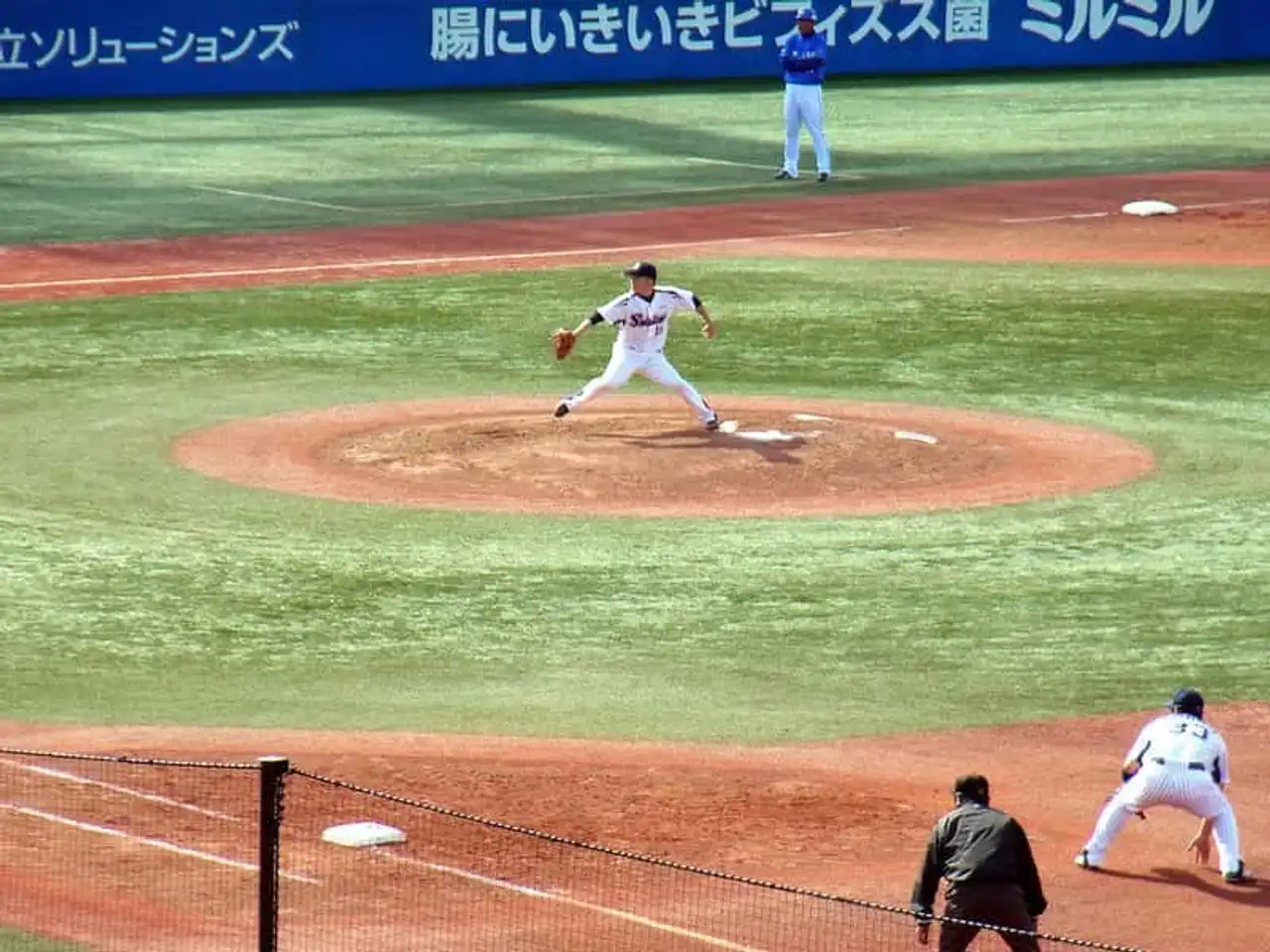
Photo credit: Flickr: Ys [waiz]:
The sumo is probably the national sport of Japan and the most inseparable in the country, but baseball is actually the most watched and practiced sport. He was introduced to the country during the Meiji era and gained popularity thanks to the strong American presence in Japan after the Second World War. Japan has two professional baseball leagues, as well as an incalculable number of university and high school leagues across the country. Japanese baseball games are particularly remarkable for their bands of supporters, who start war songs throughout the matches.
2. The positions of the baguettes have a meaning
When you dine in Japan, it is essential to never sink your baguettes into your food when you take a break between each bite. This recalls a ceremony celebrated at funeral in Japan, and it is considered a bad presage. For the same reasons, it is also taboo to share food with someone else by giving it your baguettes. If you want to share your dishes, place the food directly in your friend’s plate with your baguettes.
3. Eating horse meat is a common practice
Equine meat has been consumed in Japan since the late 16th century. Its use in the kitchen increased considerably in the 1960s, as horses’ role in agriculture and transport declined. The raw horse meat, known as basahi , is commonly served in restaurants. It is usually consumed with grated ginger and shoyu (soy sauce). She's nicknamed sakura niku ("lair meat") for its pale pink colour.
4. Japanese believe you English
That you have expatriated in Japan and that you have learned the language with a Japanese teacher or traveling just to Japan in tourist mode, the Japanese will speak to you ex officio in English. Although you may speak Japanese, we will address you in English. Many Japanese will insist on speaking English to a foreigner, even if their level remains limited and their interlocutor speaks Japanese better than they master the language of Shakespeare. So don’t be surprised if you come to speak regularly on the street.
5. The first Geisha were men
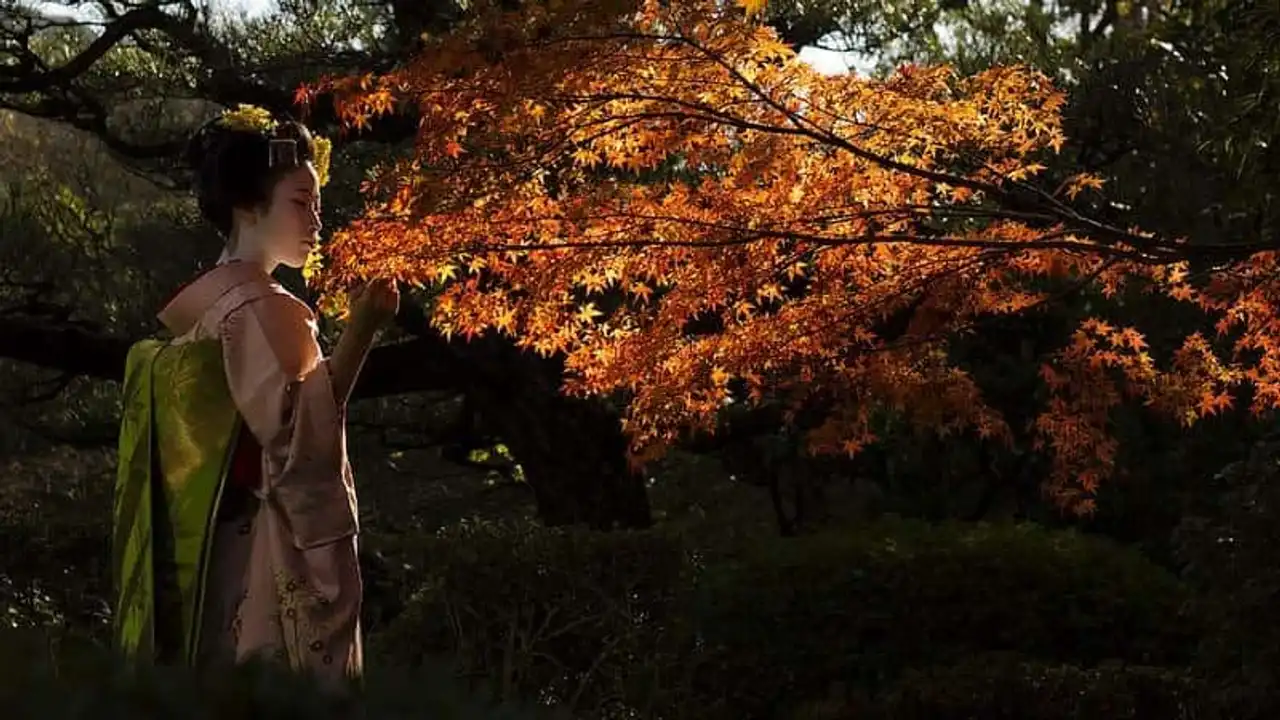
Photo credit: Flickr – Japanexperterna.se
Geisha means “no art person” and the first geisha were men, who advised feudal lords in addition to entertaining the court with various artistic performances and tales. The female geishas appeared at the end of the 18th century and were originally known as onna geisha (woman geisha). Female geishas have become extremely popular, surpassing male geishas less than 25 years after their appearance.
6. Making noise by eating noodles or soup is synonymous with compliments
For a country with so many strict ethical rules, it is a real shock for many Westerners than to make noise by eating noodles or soups, but it is perfectly acceptable in Japan. In fact, sucking loudly is not only tolerable – but it is even encouraged. It is considered to be a sign that the dishes are delicious, and it is a compliment for the one who cooked them. It’s easier to eat noodles quickly while they’re still hot, and it’s the best way to enjoy their flavor.
7. The Omiyage is much more than just a memory
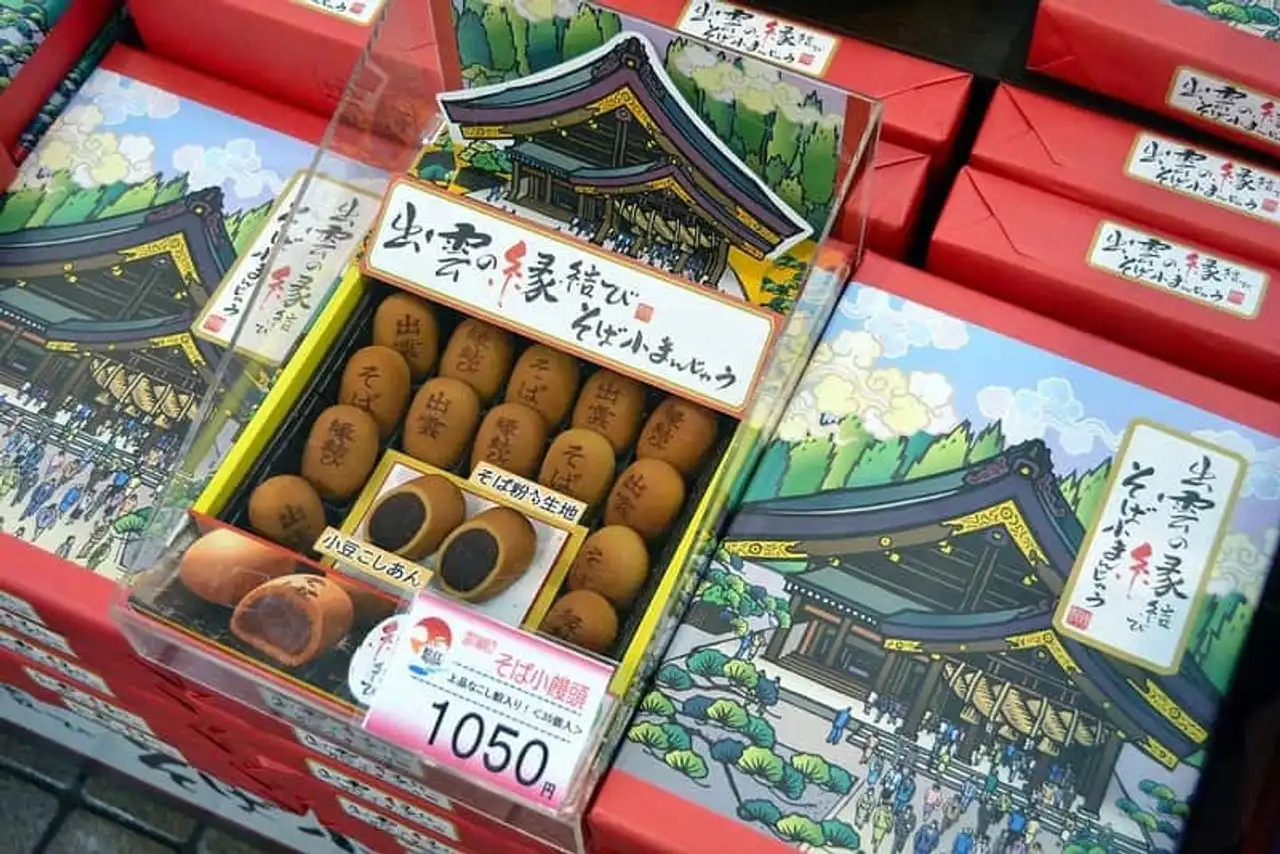
Photo credit: Flickr - jpellgen (@1179_jp)
The term "omiyage" is often translated into "memory" in French, but the omissions are much more than that. Unlike memories, that people often offer themselves, the omiyages are something that people report to their friends, family and work colleagues after a trip. The omiyages are typically culinary specialties of different regions, which are packed in beautiful colored boxes with individually wrapped foods inside for a simpler sharing. While bringing back memories in the West is always appreciable, in Japan, bringing back a shadow after a trip is like an obligation.
8. In Japan, Christmas is a romantic celebration
Christians represent only 2% of the Japanese population, so Christmas is more a fantasy in Japan than a religious feast. The illuminations and Christmas trees are common, but most people celebrate Christmas Eve rather than Christmas Day. In addition, Christmas Eve is considered a meeting night, similar to Valentine's Day, where couples go out for prestigious dinners and exchange romantic gifts.
9. Japanese women used to blacken their teeth
For centuries, the blackening of the teeth, known as the Ohaguro , was a common practice in Japanese culture, especially in married women and geishas. In addition to being considered aesthetic, this practice was also seen as a way to protect teeth from caries and other dental problems. Women applied various substances on their teeth, such as dental wax and ink mixtures, to maintain their black appearance. This practice was banned from the end of the 19th century, with the aim of modernizing Japan and making Japanese culture more attractive to Westerners.
10. It is rude to eat or drink while walking
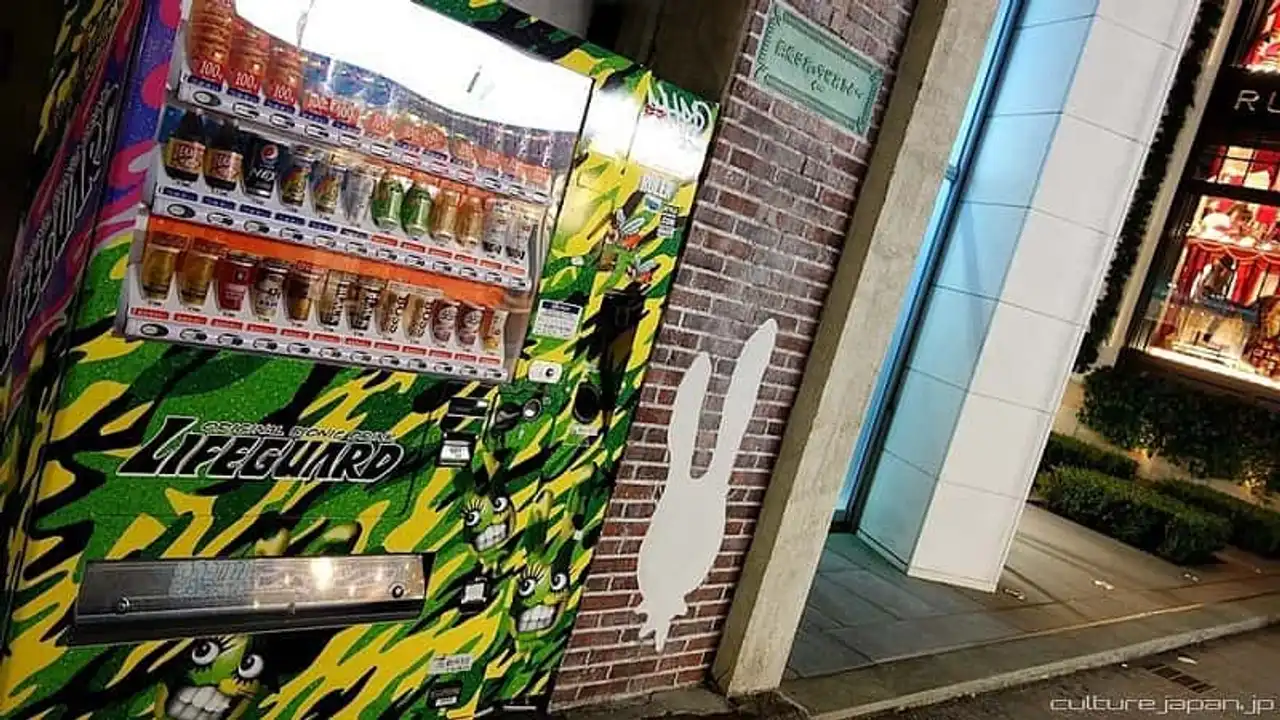
Photo credit: Flickr – Danny Choo
It is quite common to see someone eat a bag of chips or sip coffee while walking on the street in Western countries, but this is not the case in Japan. Although it is no longer as rude as before, eating or drinking while walking is always considered a poor behavior. When most Japanese buy food or drinks in a vending machine in the street, for example, they consume it while standing next to the machine to avoid walking with.
11. At the table, everyone uses each other
When friends drink together and share at table a bottle of saké For example, it is customary for each person to fill the glass of his or her neighboring sound, rather than to use his or her own glass. Wait for someone else to fill your glass when it is empty, and keep an eye on the glasses of others, because they will wait for you to fill them again. If you don't want to drink, just leave your glass full.
12. There are rules to follow for your shoes
You may know that it’s polite to remove your shoes when you enter Japan. But it may be difficult to say if you have to remove them in many other places, such as temples, sanctuaries and restaurants. Fortunately, there are some clues to look for, such as when slippers are placed around the entrance, it is a clear indication that guests are invited to remove their shoes and put slippers instead. In addition, if the floor is raised in the entrance, it means that you have to remove your shoes from the entrance before entering the inside and walking on the raised surface.
Photo credit: Flickr – Yiannis Theologos Michellis
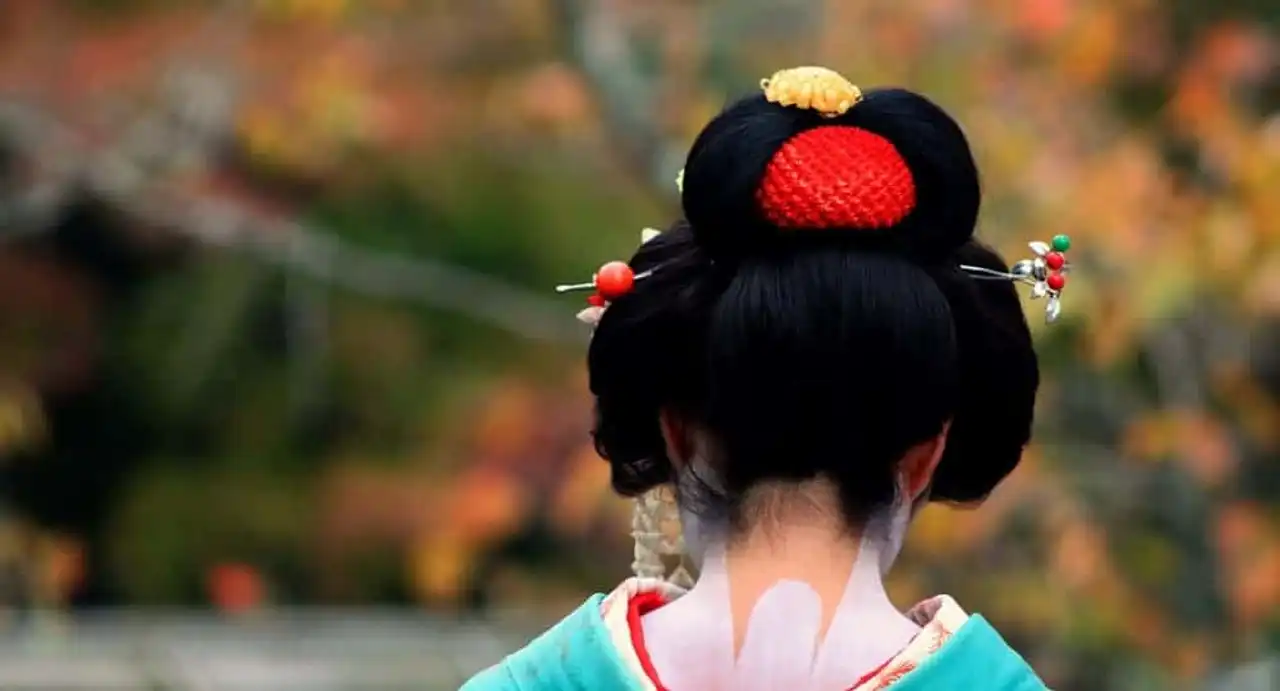







Loading comments ...